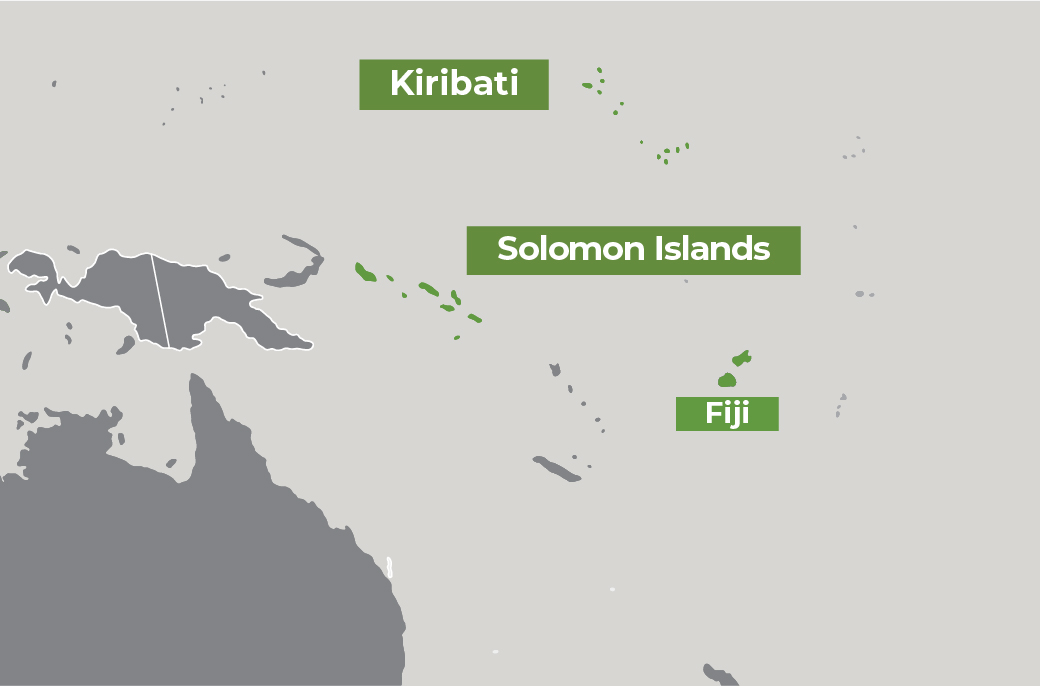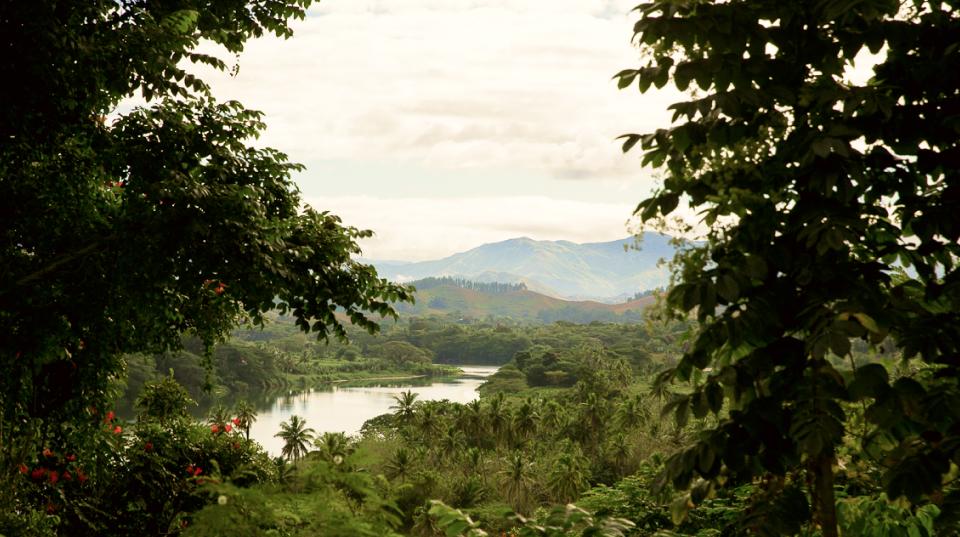Overview
This small research activity aims to address diverse gender inclusivity in the design and implementation of climate adaptation programs in the Pacific. It will adopt an intersectional and diverse approach to gender consistent with the ACIAR Gender Equality and Social Inclusion strategy approach in the research design and implementation phases.
The research approach will be framed in partnership with Pacific people to respond to their priorities, needs, circumstances, and contributions. There is growing policy and research activity in the gender and climate adaptation space. It is acknowledged that effective climate change adaptation recognises that women, men and children experience climate impacts differently depending on how they sustain their livelihoods and the roles they play in their community. To be effective and to avoid entrenching or exacerbating existing inequalities, climate adaptation programs must respond to these differences and be informed by an environmental justice framework.
While there is an emerging consensus on the importance of a diverse and gender-inclusive approach to climate adaptation programs, there is much less insight into what works 'on the ground' for better and more equitable outcomes, particularly how to achieve locally-led solutions and build genuine, respectful partnerships.
Project activities and expected outcomes
- Eliciting and synthesising Pasifika perspectives on how a more nuanced, inclusive and Pasifika-led approach to gender should shape Australia's support for climate change adaptation and resilience for Pacific communities.
- Identifying how Australia's R4D investments in the Pacific can better engage an intersectional approach to gender issues, considering Pasifika perspectives and priorities around gender diversity and social inclusion (including disability and LGBTQ+ communities).




